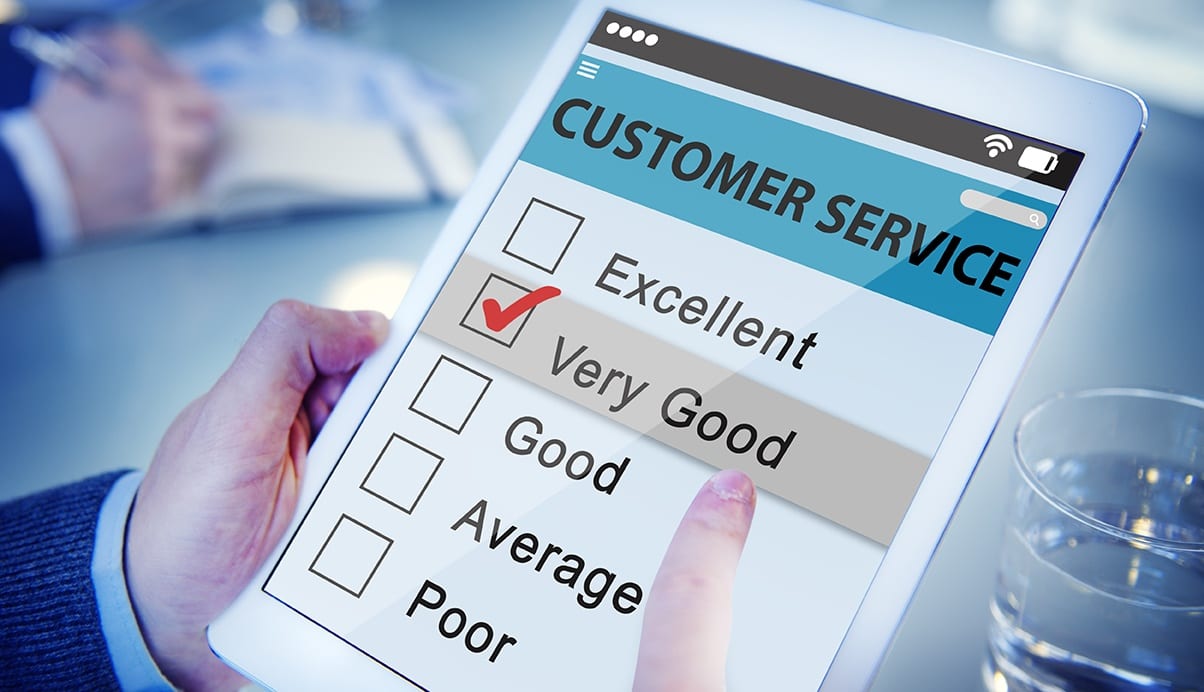The Importance of Quality Evaluation in Your Call Center
According to the Avaya Consumer Preference Report of 2011, 80% of customers prefer talking to a call agent as opposed to other contact methods. Unfortunately, only 26% of them are satisfied with the response they get from the call centers. That fact alone calls for a drastic change in call centers.
So, is your company among those that keep the 26% happy? The most effective method of determining this is carrying out a comprehensive evaluation of your call center through a predetermined set of KPIs and subsequently strategizing your department according to the results. This will positively impact your call center department in the following ways:
Improved Management Control
Efficient customer service starts with effective and strategic management. Your team’s performance significantly depends on your management and strategy skills.
Just as in sports, the first step in strategy has always been gathering and analyzing the facts, and that’s where the evaluation comes in. For this to be done, each agent needs to be comprehensively assessed according to key KPIs and compared with the target departmental standards. Some of the KPIs you should consider incorporating include:
- First Call Resolution: How does the agent respond to the calls? What are his/her first resolutions to problems raised by customers?
- Friendliness: How is the agent connecting with the customers? Does he/she seem friendly or rude when talking to callers?
- Conversation Control: Does the agent take control of the conversations or do they aimlessly wander off topic?
- Attentiveness: Is the agent paying keen attention to the customers’ details and problems? An example of a failure is an agent who asks a customer for his/her name moments after being told.
- Honesty: How frank is the agent with your customers? Is he making promises that the company can’t keep?
- Interest: Is the agent even interested in listening to the customer and solving his/her problem?
- Professionalism: Is the agent professional in the way he/she engages the customers?
- Knowledge: Is the agent even aware of all your products/services and how they relate to different customer problems?
Through evaluations on the KPIs, you’ll determine your agent’s weaknesses and strengths. Consequently, you can set accurate skill-based routing defaults to position your agents according to their strengths and abilities.
Improved Services Levels
Each evaluation process should accurately determine individual and departmental strengths and weaknesses. To build a strong and effective team, you need to individually focus on each agent. Assess their weaknesses and carry out a training program according to your findings.
The training programs are expected to effectively improve each agent’s skills by:
- Increasing the agent’s knowledge on the products and services
- Boosting his/her communication ability, not just with the customers but also with colleagues
- Making him/her friendlier, even to customers who turn argumentative
- Improving the ability to analyze the customer’s problems and swiftly execute relevant solutions
- Making him/her aware of all the possible solutions to different types of problems raised by customers
By focusing on each individual, you’ll collectively improve your customer service, consequently boosting customer loyalty.
Enhanced Lead Generation
According to the US Contact Center Decision Making Guide, customer satisfaction is the most important call center metric in an organization that’s focused on its customers. The report further discusses how customer call centers are becoming exceedingly significant to the lead generation process compared to two years ago.
So, how does calling affect the lead generation process? As you may have already noted, only a fraction of the callers who keep your agents busy are already customers — the rest are warm lead inquiring about your products or services. How your agents engage them ultimately determines whether they’ll successfully be converted into customers.
Leads who contact your company are already warm leads since they’ve eliminated one of the hardest stages of the lead generation and conversion process — getting out there to market yourself to attract leads. It’s expected that converting such leads is a relatively easy process compared to engaging cold ones. Unfortunately, some call agents fail in this endeavor because of poor call techniques and a lack in conversation engagement skills.
A quality evaluation process should effectively identify such loopholes to initiate a corrective strategy. Each agent should learn how to identify and differentiate a lead from a customer during the first few seconds of a conversation. Through that, the agent should be able to swiftly engage the caller accordingly. Of course, some lead calls take longer since they often need clear explanations on the various products and services. Therefore, the evaluation process should be paired with an educational aspect that improves your call center’s efficiency, service and management processes, while increasing lead generation and conversion rates.
